Dear Millennial: Hoods Inc. Productions’ CEO on Passion, Perseverance, and the Beauty of Mistakes
Esan Sivalingam is humble (this is what I deduced when he first told me he’s ‘boring’). 19 years ago, he founded Hoods Inc. Productions after beginning his career in finance, with his co-founder, Bratina Tay, mostly out of their shared passion for media and desire to run creative projects in a way that was true to themselves.
A dedicated and humble leader, he cultivated a team that now brings Singapore all sorts of media from sitcoms, dramas, webisodes and commercials to feature films and music videos (heard of shows like Under One Roof and Phua Chu Kang? Hoods Inc. Productions houses some of the key creatives behind those shows!). Through all the ups and downs of it all, it’s clear Esan’s love for what he does was a key driver behind building the company, the team, and the impact they bring to the local media scene today. This is his story and his advice on how to build a career based on what you love to do no matter what.
On Beginning His Career in...Finance
I’m boring, so there’s not much to tell. Humble beginnings (I was poor, I’m still poor), [I] was planning for a life in the financial industry (studied business and accounting, worked in audit, then u-turned and pursued my passion). I always loved entertainment (all forms) and would never have imagined working in this industry, much less being part of the ecosystem that has created so many memorable shows.
Hoods Inc. Productions began when I met the co-founder, Bratina Tay. We had like-minded ideals on how we wished things would be run within the media industry and set about doing it. We didn’t seek investment to start the company, because we didn’t want to give up creative control when we were just starting out. We wanted to explore the possibilities that were out there and do it our way (right or wrong).
The company name came from a script I had sold in the US titled, Hoods Incorporated. We also realised that the word Hoods stood for neighbourhoods, troublemakers and the embodiment of urban culture. We felt the name fit perfectly with what we wanted to do, and Hoods Inc. Productions was born.
On His Defining Moment in the Industry
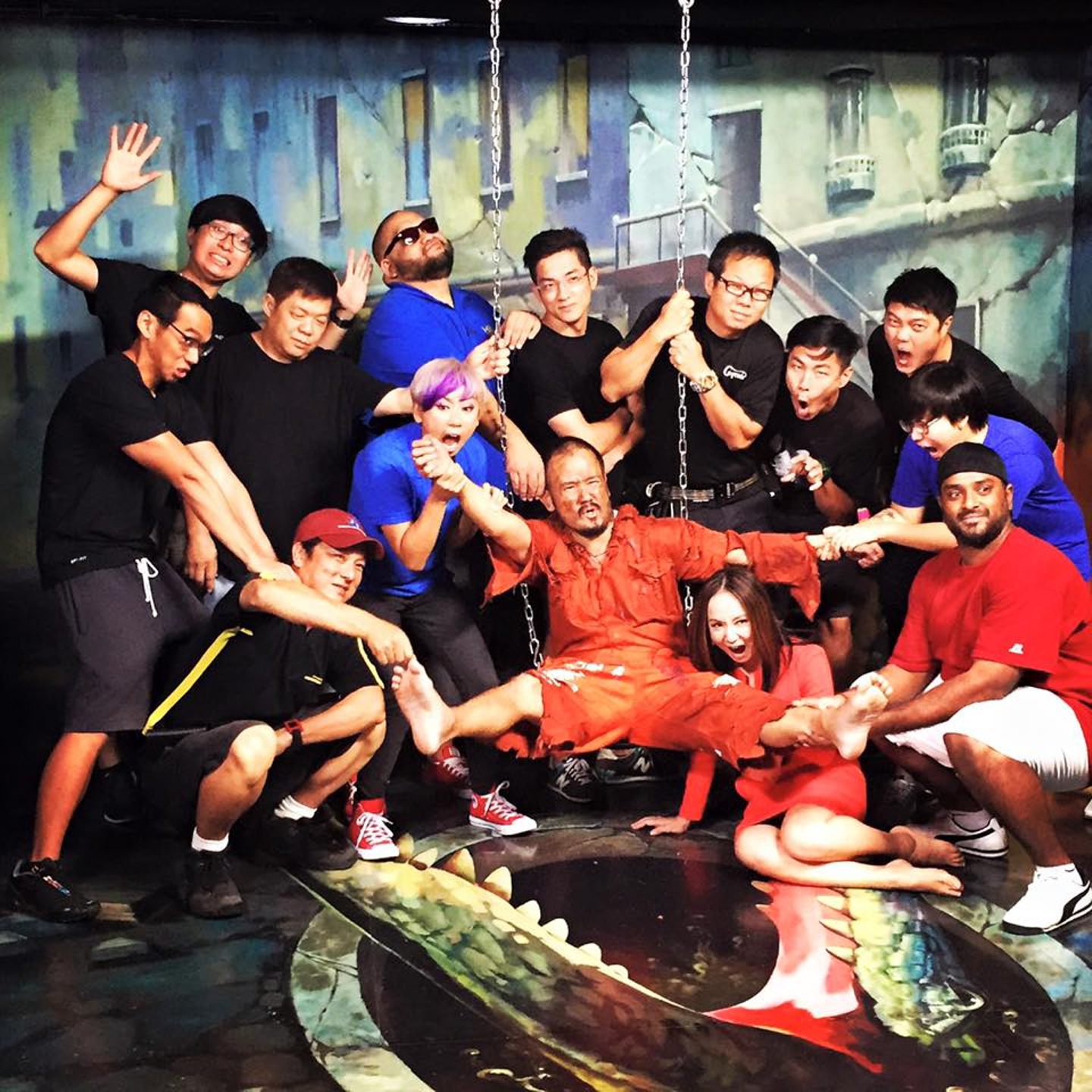
After a few years of working full-time and freelance, we realised that there were a few things missing in the industry: lack of welfare and proper treatment of freelance cast and crew, lack of insurance, lack of a proper training infrastructure. So, we decided to start the company to ensure the above was addressed (not as an industry, but at least within our company).
With that, we started growing from strength to strength, and soon a new eureka moment hit us: we should work on content we want to do, and not always do work that is commissioned to us.
We started with a quirky arts programme to promote local talents in the arts scene, we worked on projects that questioned policies using humour, we produced alternative horror projects, experimental projects, edgy live shows, content that was the first of its kind (e.g. one show to appeal to kids and adults equally), used new technology in our projects.
As those projects became successful, our client base grew, allowing us to create more content that we were passionate about. Soon this extended to almost all genres and platforms, with a whole host of different content treatments.
We are thankful that eureka moment turned out well for us (it could have gone either way), but we are even more thankful to the people who worked on them. Their loyalty and commitment to the projects has made us go from strength to strength, and given us the ability to do more counter-programming projects.
On His Forever Inspirations
My Father, my Ex-Boss, and Quentin Tarantino. Each have not only inspired me but also indirectly set me on the path that I’ve taken.
First, is my father, who had a strong work ethic in any task he undertook, the way he treated people fairly and with respect, and the way he never asked anyone to do anything he wasn’t willing to do himself. Second is my Ex-Boss. He had passion, dedication and constant reminders that we owe it to the audience to always present something different and ground-breaking, otherwise we haven’t done our job.
And, finally, Quentin Tarantino. Strange but true, from the time I saw Reservoir Dogs through to Pulp Fiction – all in the early to mid 90s – I knew that was what I wanted to do. When I saw how he ran his company, A Band Apart, and how he wanted to do content that was him, based on his experiences and stories he wanted to tell, it resonated with me. And that set me on my own path of learning and creating.
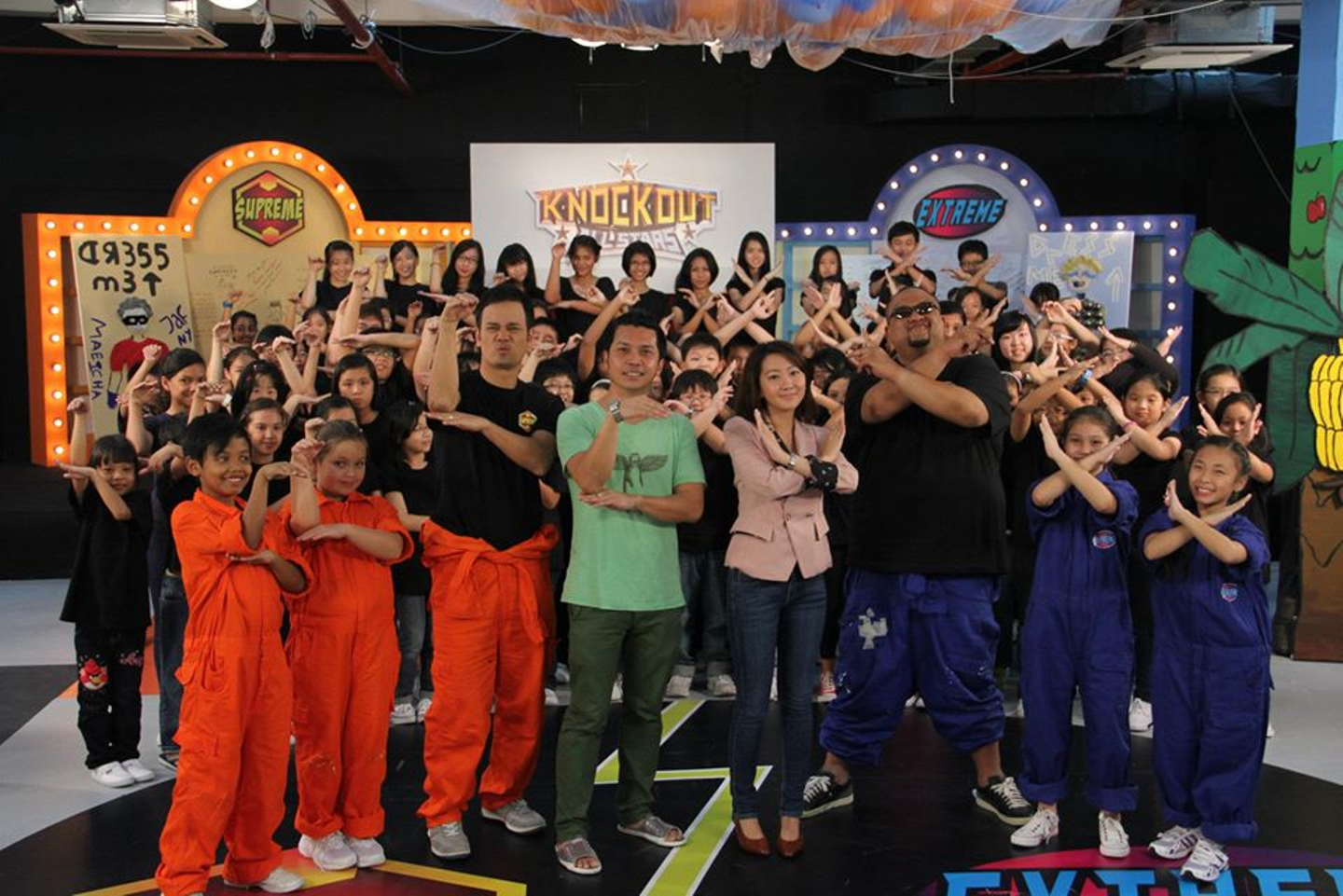
And Owning Mistakes to Become a Better You
We all make mistakes. The thing about making mistakes is do we learn from them. If we do, then we will never make the same mistake twice (and we’ll make a whole new range of mistakes).
That’s completely fine, because (I’m speaking for Hoods Inc. specifically) you are always covered. There is always someone briefing you, someone mentoring your progress, someone you can go to when you find yourself in a bind. There is always someone to help, so long as you communicate your mistakes as soon as possible. No one ever gets angry when a mistake has been made. They only get angry when it’s told to them too late for anything to be rectified.
If you’re stressed or afraid of making mistakes, you’ll never get anywhere in life. I know it’s a cliché, but you should make mistakes early. People are more accepting of mistakes when you’re younger and less experienced. So make more mistakes, learn more, grow faster. Why do we fall? So we can learn to pick ourselves up (okay, I stole that from Batman Begins, but it is completely accurate).
Own your mistakes, learn from them and move forward. Just make sure you never make the same mistake twice. Never let mistakes kill your passion and drive; mistakes are part and parcel of life.
A misstep I made was: trust. I took people at their word and they didn’t deliver. And these had huge repercussions. It happened twice – once when we were first starting out with the company (I had just turned 30 and didn’t know any better), the other was a few years ago which happened unexpectedly. Both these instances were similar in that they were a case of a blind trust.
Dear Millennial...
Q: You’ve been in their shoes; would you advise millennials move to where the opportunities are, or where their true passion lies?
A: Move to where your passion lies but be flexible and open enough to find opportunities within that area. If there aren’t opportunities, then try to create some for yourself.
Moving from a lucrative and stable career in finance to a media industry that was still in its infancy [myself], was a big gamble. There was a steep learning curve, and I made so many mistakes along the way. But passion kept me going (or stupidity, depending on how you see it). And I may not be rich but I’m happy doing what I do.
Q: What are some factors millennials should consider when looking for a job?
A: Find a job that matches your needs – be it personal or career goals. Job matching is critical for your career trajectory.
There have been many cases (even with us) of candidates with great potential, who didn’t fit into the work culture. On the flipside, there are candidates who, on paper, don’t look like they’d be a good fit. But they have worked out very well, simply because the job matched their needs.
It is a very delicate balance, and honesty during the job application and interview process is critical. The more open and honest [employers and employees] can all be during the hiring process, and continue this during the probation period and eventual full-time stage, the smoother our work life can be.
So, only apply for jobs that you feel are a good match for you. Jobs with companies you feel you can go the distance with and grow together. If you are unclear on details, ask. This doesn’t remove all work-related issues, but it will help overcome some of the most pressing ones. And it is critical that you have the following Career-based Values, as they will serve you well, no matter the job scope or industry you are applying for.
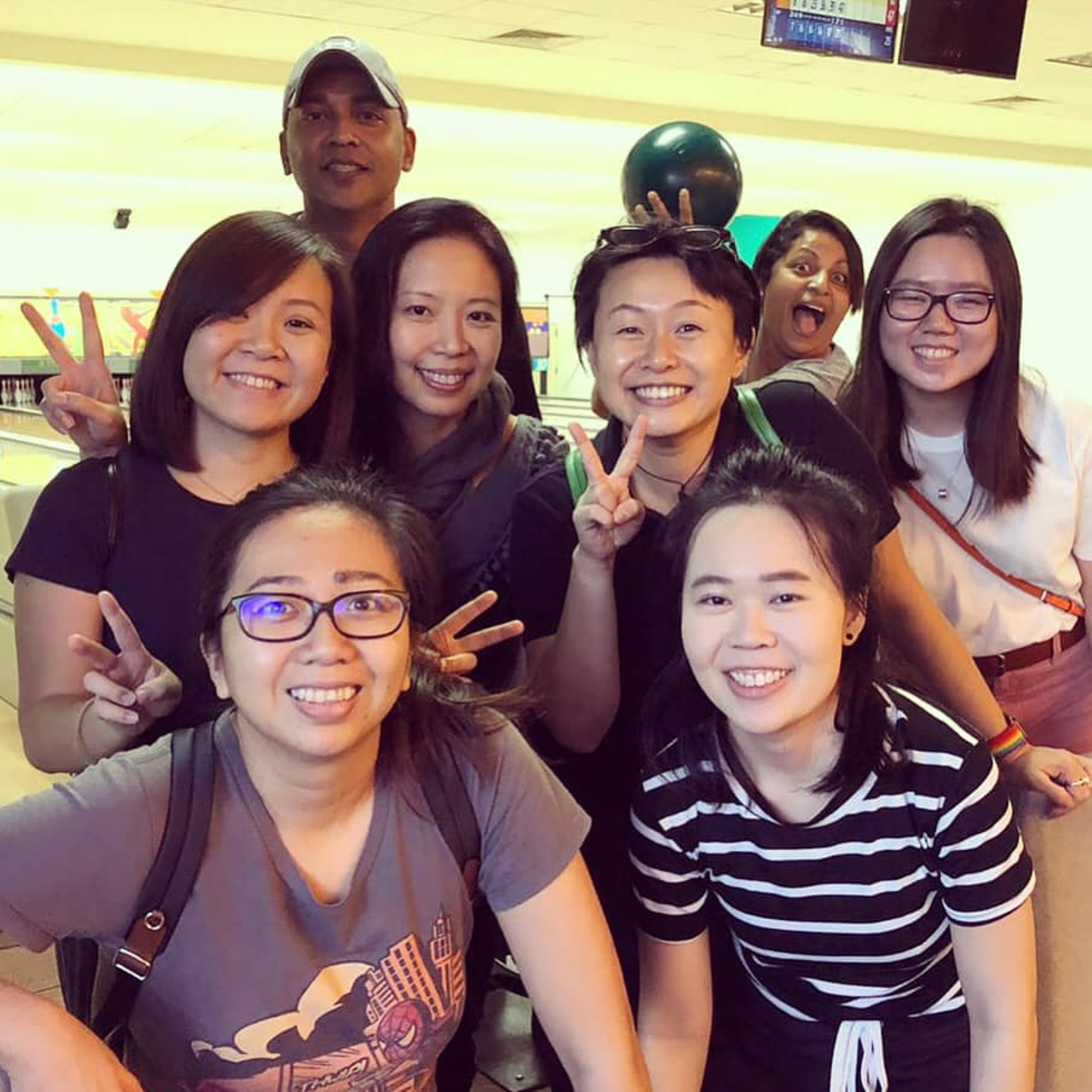
Q: Can you share the three values one must-have in the early phase of their career?
First and foremost, work ethic. This means being resilient, being on time, being respectful, being engaged by contributing through honest opinions, ideas and feedback, having care, concern and empathy, being dependable and responsible, being willing to learn and adapt, having a positive attitude, taking pride and ownership in even the most menial of tasks, having integrity in all your dealings, being cooperative and collaborative. It is a lot, yes, but work ethic matters because character and professionalism always make a huge difference.
Second, your soft skills. This is your power to making real and personal connections beyond your device, having less social anxiety with face-to-face interactions, having awareness of your environment so that you can effectively communicate, problem solve and collaborate. For any employer, it is easier teaching hard skills (technical) than changing soft skills (personal).
This doesn’t mean you have to change how you are. Your personality can remain intact; how you are is how you are. But early on in your career, be mindful that having soft skills makes you learn faster, increases your engagement level and makes you a more adept member of any team.
Third, your ability to critically think. Having a proper understanding and being able to link that theoretical understanding to practical actions is a key-value everyone looks for. Being an active learner, with proper reasoning and a logical approach, will result in well-rounded employees who can reflect on solutions and the decision-making process.
This is not an essential value, and it’s hardly ever listed in job ads, but believe me, it is something everyone is subconsciously looking for. Anyone with critical thinking skills quickly set themselves apart. This isn’t an issue just with Millennials; it is a Career-based Value that every company needs.
Q: What’s the best piece of advice you have received in your job so far that you’d like to pass on to millennials?
A: “You are only as good as the effort you put in and the risks you take.”
I received that piece of advice from my ex-boss a few decades ago, and I still keep it with me. I believe the advice holds true today, no matter what age you are. Martha Stewart, Bryan Cranston, Samuel L. Jackson, Simon Cowell, Larry David, all didn’t get their break till they were in their 40s. All worked hard and never stopped taking risks in their careers for 20+ years before they saw results.
Never stop. Never give up.


/assets/images/7432989/original/9a9de073-8b11-457f-bc00-ab93bbfccf89?1630320153)
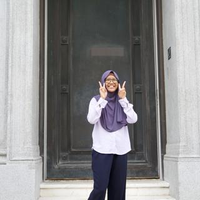
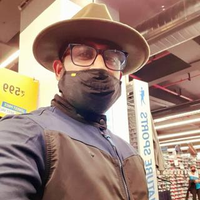
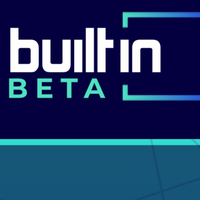
/assets/images/7432989/original/9a9de073-8b11-457f-bc00-ab93bbfccf89?1630320153)

